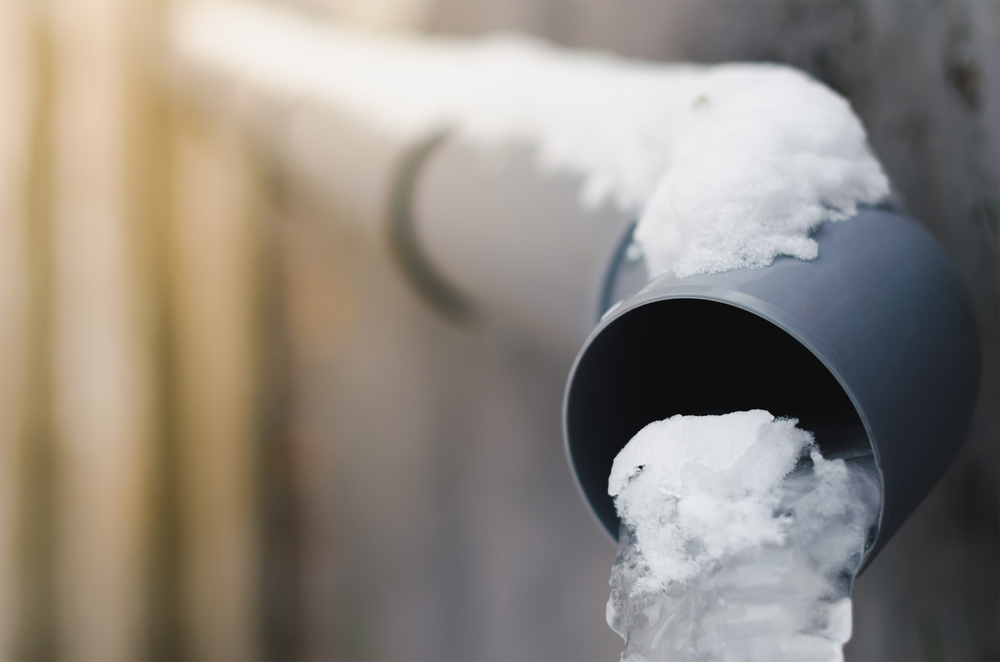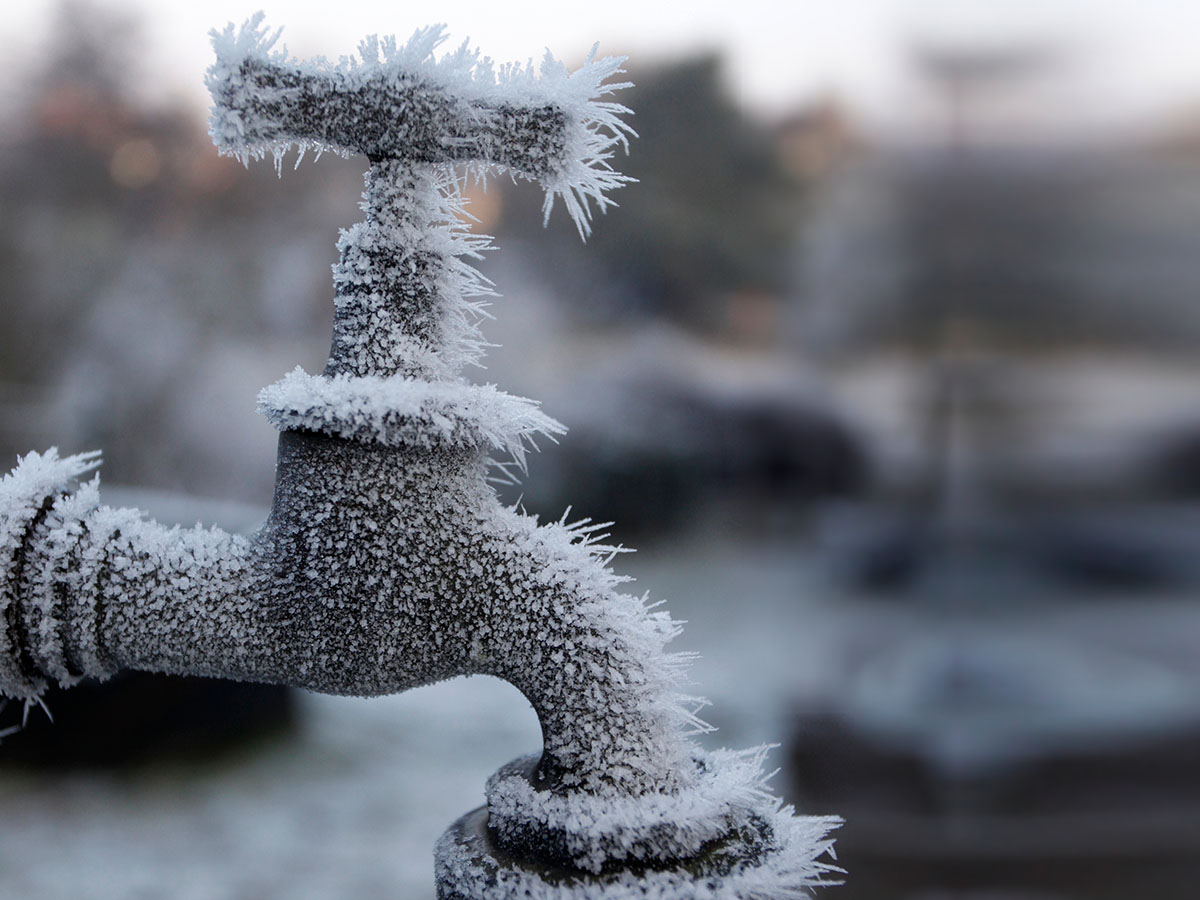Right here on the next paragraphs you can find lots of very good insight pertaining to Helpful Tips to Prevent Frozen Pipes this Winter.

Cold weather can ruin your pipes, particularly by freezing pipes. Here's exactly how to prevent it from occurring and what to do if it does.
Intro
As temperatures drop, the risk of icy pipes rises, potentially leading to pricey fixings and water damages. Comprehending exactly how to stop frozen pipelines is critical for house owners in chilly environments.
Prevention Tips
Shielding vulnerable pipelines
Cover pipes in insulation sleeves or use heat tape to shield them from freezing temperatures. Focus on pipelines in unheated or external areas of the home.
Heating techniques
Keep indoor rooms adequately heated up, specifically locations with plumbing. Open cupboard doors to enable cozy air to flow around pipelines under sinks.
Just how to determine icy pipes
Seek decreased water flow from faucets, uncommon odors or noises from pipelines, and visible frost on subjected pipes.
Long-Term Solutions
Architectural changes
Take into consideration rerouting pipes far from exterior walls or unheated locations. Add added insulation to attic rooms, cellars, and crawl spaces.
Upgrading insulation
Invest in top quality insulation for pipes, attic rooms, and wall surfaces. Proper insulation helps maintain regular temperatures and reduces the danger of icy pipes.
Protecting Outside Plumbing
Garden tubes and outdoor taps
Detach and drain pipes yard pipes prior to winter. Install frost-proof spigots or cover outdoor taps with protected caps.
Recognizing Frozen Pipes
What causes pipelines to ice up?
Pipes freeze when revealed to temperatures listed below 32 ° F (0 ° C) for expanded periods. As water inside the pipes freezes, it broadens, putting pressure on the pipe wall surfaces and potentially triggering them to burst.
Risks and problems
Frozen pipelines can lead to water interruptions, residential property damages, and costly fixings. Burst pipes can flooding homes and cause extensive structural damages.
Indications of Frozen Pipeline
Determining frozen pipes early can avoid them from bursting.
What to Do If Your Pipes Freeze
Immediate activities to take
If you think frozen pipes, keep taps available to soothe pressure as the ice thaws. Utilize a hairdryer or towels soaked in hot water to thaw pipelines slowly.
Verdict
Preventing frozen pipelines requires positive procedures and quick feedbacks. By recognizing the causes, signs, and preventive measures, homeowners can protect their pipes during winter.
6 Proven Ways to Prevent Frozen Pipes and Protect Your Home
Disconnect and Drain Garden Hoses
Before winter arrives, start by disconnecting your garden hoses and draining any remaining water. Close the shut-off valves that supply outdoor hose bibs and leave the outdoor faucet open to allow any residual water to drain. For extra protection, consider using faucet covers throughout the colder months. It’s also important to drain water from any sprinkler supply lines following the manufacturer’s directions.
Insulate Exposed Pipes
Insulating your pipes is an effective way to prevent freezing. Pipe insulation is readily available at home improvement stores and is relatively inexpensive. Pay close attention to pipes in unheated areas such as the attic, basement, crawl spaces, or garage. Apply foam insulation generously to create a buffer against the cold. You can also wrap your pipes in heat tape or thermostat-controlled heat cables for added warmth.
Seal Air Leaks
Inspect your home for any cracks or openings that could let in cold air. Seal any holes around the piping in interior or exterior walls, as well as the sill plates where your home rests on its foundation. Additionally, make sure to keep your garage door closed unless you’re entering or exiting. Leaving it open creates a significant air leak that can lead to frozen pipes.
Allow Warm Air Circulation
During cold snaps, it’s essential to allow warm air to circulate evenly throughout your home. Leave interior doors ajar to promote better airflow. Open kitchen and bathroom cabinets to help distribute heat consistently around the rooms. If you have small children or pets, be sure to remove any household chemicals or potentially harmful cleaners from open cabinets for safety.
Let Faucets Drip
A small trickle of water can make a big difference in preventing ice formation inside your pipes. When temperatures drop significantly, start a drip of water from all faucets served by exposed pipes. This continuous flow helps prevent the water from freezing. Additionally, running a few faucets slightly can relieve pressure inside the pipes, reducing the chances of a rupture if the water inside does freeze.
https://choateshvac.com/6-proven-ways-to-prevent-frozen-pipes-and-protect-your-home/

As an avid person who reads about Helpful Tips to Prevent Frozen Pipes this Winter, I think sharing that excerpt was worthwhile. Are you aware of somebody else who is looking into Prevent Frozen Pipes ? Do not hesitate to share it. Thanks for taking the time to read it.
Click Here